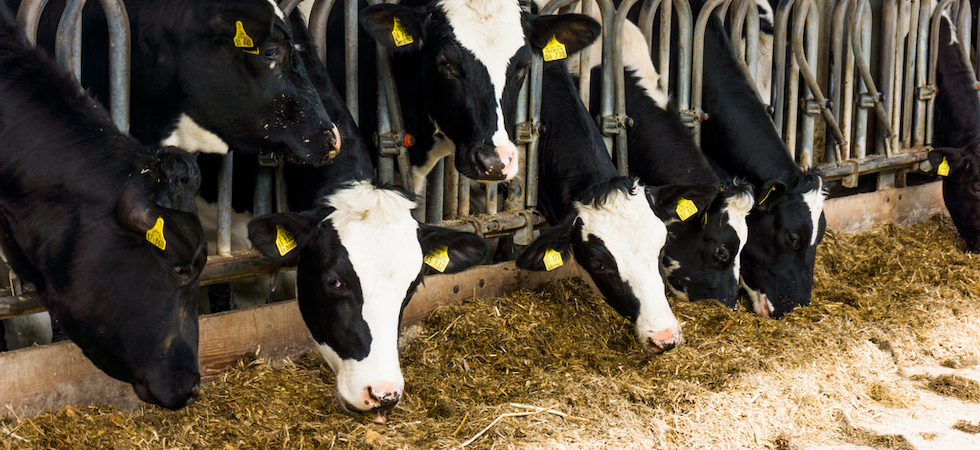A study from the University of Portsmouth has suggested that animal welfare takes precedence over sustainability in consumer purchasing decisions.
The paper, titled Consumers across five European countries prioritise animal welfare above environmental sustainability when buying meat and dairy products, found that while consumers consider sustainability important, other factors such as taste, quality and animal welfare are prioritised when making purchases.
On product labels, consumers valued information regarding animal welfare, food safety and health and nutrition. The University of Portsmouth said that the results can help producers to market particularly sustainably-produced food products in a more targeted way and make them more attractive to consumers.
The study was conducted across five European countries – Czechia, Spain, Sweden, Switzerland and the UK – to identify the attributes that are most important to consumers buying meat or dairy products.
Taking part in an online survey, 3,192 participants were asked to rate the importance of 18 different factors when shopping for meat and dairy products on a scale from one (not at all important) to five (extremely important).
The different factors were:
- Attributes – freshness, quality/taste, healthy eating, nutrition, price, processing, special offers, convenience of use/preparation and familiarity of brand
- Animal welfare attributes – animal welfare, outdoor-reared/free range, and pasture-fed
- Attributes related to environmental sustainability – locally produced, sustainable packaging, food miles, carbon footprint and organic
- Social sustainability – fair trade or producer/farmer fairly paid.
Study co-author Dr Andy Jin, senior lecturer in Risk Management in the Faculty of Business and Law at the University of Portsmouth, said: “Our study highlights the complex interplay of factors that influence consumer behaviour when buying meat and dairy products.
“Consumers indicated that information related to animal welfare, food safety, and health and nutrition was considered more important than environmental sustainability when making food choices.
“The findings demonstrate the importance of labelling strategies that encompass multiple aspects of product attributes, beyond environmental considerations alone.”
The University said that the implications of the research “extend further than consumers” to policymakers, producers and retailers in the food industry who are striving to meet evolving consumer demands for more sustainable products.
Dr Jin said: “Labels on their own are not enough to change behaviour, especially for consumers who have low or no behavioural intention to buy sustainable meat or dairy products.
“These results should be translated into additional policy measures, such as nudges or behavioural interventions, helping individuals translate their attitudes into behaviour and facilitating the choice of sustainably produced products.”









